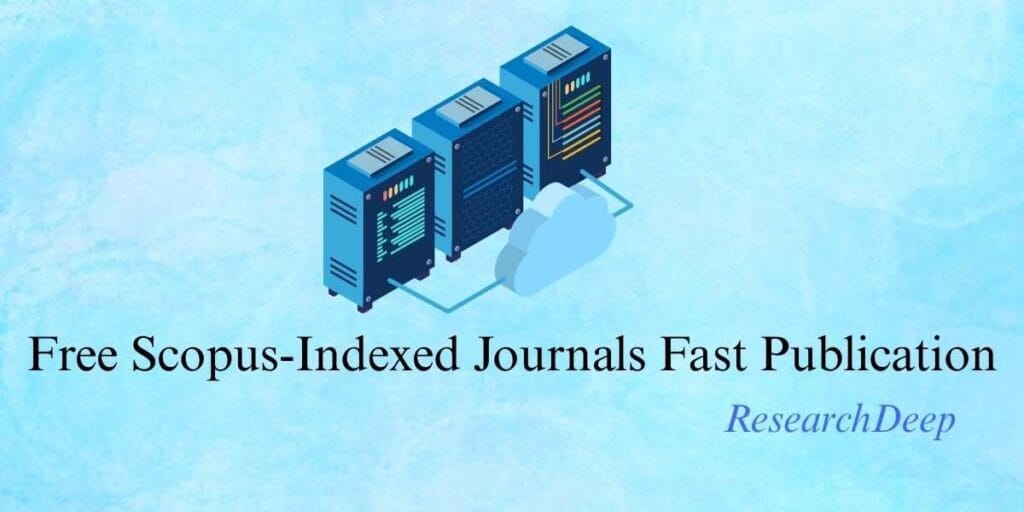Last updated on December 4th, 2025 at 07:25 am
Table of Contents
Introduction
A PhD by publication offers an alternative path to the traditional route of submitting a single, comprehensive thesis.
Rather than producing a monolithic dissertation, candidates submit a series of published research papers, linked thematically, along with a critical commentary.
But one question frequently arises: Is a PhD by publication respected in academic and professional circles?
What Is a PhD by Publication?
A PhD by publication is structured around a portfolio of previously published work.
Candidates are required to present a collection of peer-reviewed research articles, which typically must address a common research theme or question.
Alongside these papers, a comprehensive commentary provides context, linking the research to the broader academic field.
Is a PhD by publication Respected?
In recent years, the option of earning a PhD through publication has gained traction, particularly in the UK, Australia, and parts of Europe.
Universities offering this route often aim to appeal to experienced researchers, particularly those already working in academia or industry who have built up a significant body of published work but lack a traditional doctorate.
Key Considerations for Respectability
1. Academic Institutions’ Perspective
The respectability of a PhD by publication largely depends on the institution.
Prestigious universities that offer this option maintain rigorous standards to ensure that the research quality matches traditional PhD expectations.
The reputation of the institution granting the degree plays a pivotal role in how a PhD by publication is perceived by other academics.
2. Quality of Publications
One of the defining factors of respectability is the quality of the papers included in the PhD. If the published articles appear in reputable, peer-reviewed journals, this lends credibility to the PhD by publication.
Other factors include research impact, peer reviews, and journal rankings becoming the benchmarks that determine respect.
3. Acceptance in Different Fields
PhD by publication is more common in certain fields, particularly in applied sciences, engineering, and social sciences.
In disciplines that prioritize journal publications over monographs, this approach is more likely to be accepted.
However, fields such as the humanities, which may still value book-length theses, may view this route with some skepticism.
4. Career Opportunities
In academia, a PhD by publishing papers can be as valuable as a traditional PhD, especially for those who are already publishing actively in high-impact journals.
However, the path may not be as well-known, and some hiring committees might still prefer the traditional dissertation route.
In non-academic sectors, where the emphasis is on research output rather than the method of obtaining the degree, a PhD by publication is often highly regarded, particularly in research-intensive roles.
Advantages of a PhD by Publication
- Recognition of Existing Research: If you have a substantial body of published work, this path acknowledges your contributions to your field.
- Faster Completion: A PhD by publication may take less time than the traditional route, especially for candidates with a strong portfolio.
- Real-World Impact: By publishing throughout the PhD process, your research has the potential to influence your field in real-time.
Challenges and Criticisms
- Less Structured Support: Unlike the traditional PhD, where candidates receive structured guidance through each stage, a PhD by publication can be more independent, requiring self-discipline and motivation.
- Perception Issues: Despite the advantages, the route may still be viewed as less prestigious in certain academic circles, especially in fields that prioritize long-form research.
| Factors Influencing Respectability | Traditional PhD | PhD by Publication |
|---|---|---|
| Institution Reputation | Critical | Critical |
| Quality of Research | Critical | Critical |
| Journal Impact | Less Relevant | Highly Relevant |
| Field Acceptance | Broad | Growing |
| Career Impact | Broad | Field-Dependent |
FAQs
What is the difference between a traditional PhD and a PhD by publication?
A traditional PhD typically involves the submission of a single, cohesive thesis based on original research. In contrast, a PhD by publication consists of a collection of peer-reviewed research articles published by the candidate, accompanied by a critical overview that ties the papers together under a common theme.
Is a PhD by publication as respected as a traditional PhD?
Yes, a PhD by publication is generally respected, especially when the published research is in high-impact journals. Its respectability can depend on the institution offering the degree, the quality of the research, and the academic field in question.
Who is eligible for a PhD by publication?
A PhD by publication is often aimed at experienced researchers who have already made significant contributions to their field through peer-reviewed publications. Candidates are typically professionals or academics with a strong research portfolio.
Conclusion
The respectability of a PhD by publication is growing, especially in fields where journal publications are highly valued.
While it may not yet have universal acceptance across all academic disciplines, the university’s reputation, the quality of the publications, and the relevance of the research can ensure that a PhD by publication is held in high regard.
For professionals with a strong portfolio of research, this path offers a legitimate and respected alternative to the traditional PhD route.




